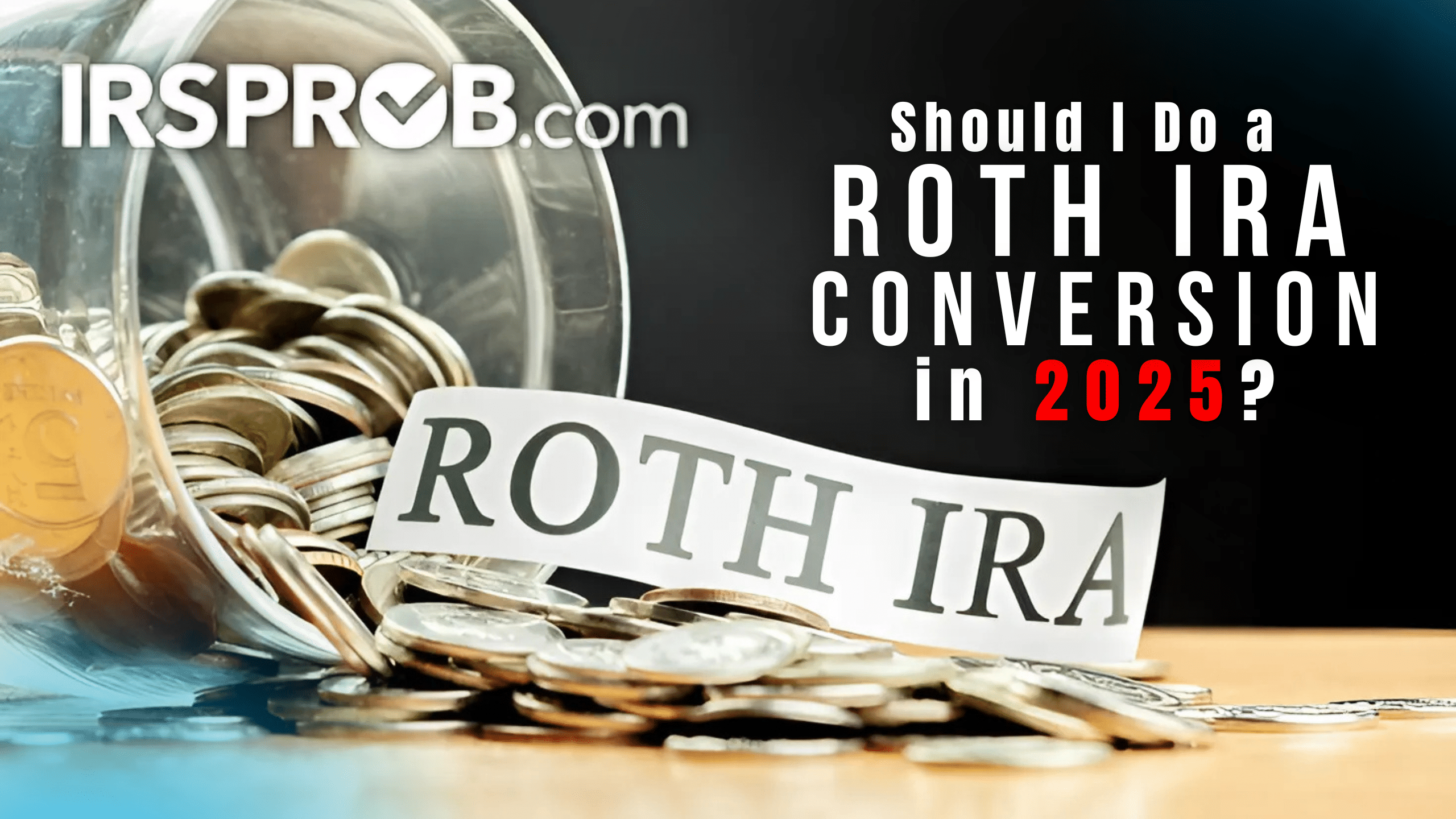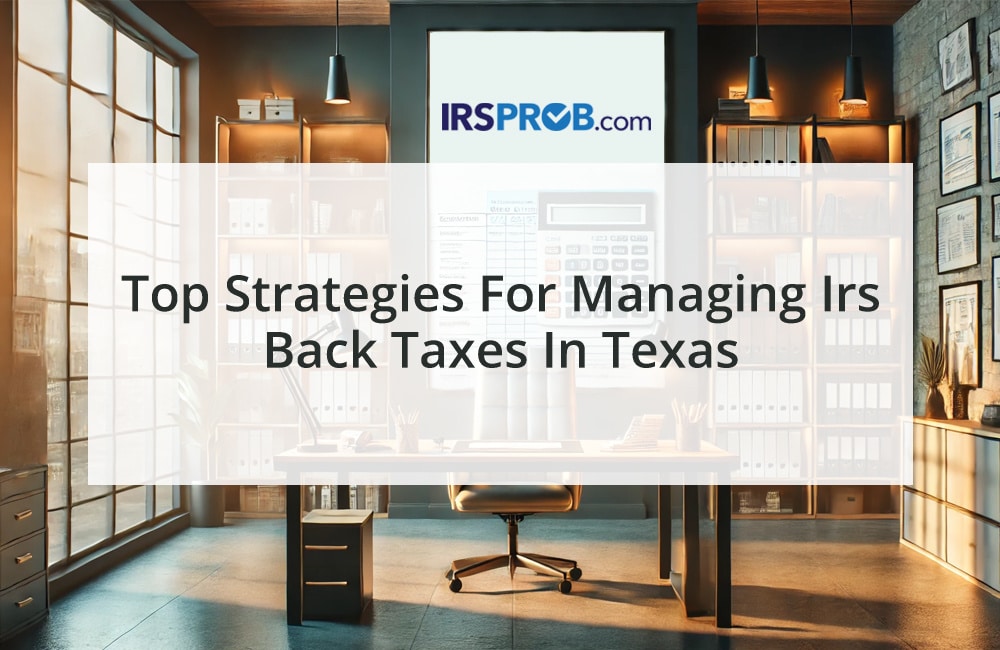Are you considering shutting down your sole proprietorship business or your single-member LLC business treated as a sole proprietorship for tax purposes? Understanding the tax implications of closing your business is crucial. Let’s explore what you need to know.
Asset Sale Tax Implications
When you sell your business, you’re essentially selling its assets for tax purposes. Unlike other business structures, sole proprietorships are not sold as ownership interests.
Here’s what you need to consider regarding the tax impact of selling the assets of your sole proprietorship or single-member LLC business:
Allocate the Sale Price
The first step is to allocate the total sale price to the specific business assets being sold. IRS rules outline how to do this properly.
Calculate Taxable Gains and Losses
You’ll have a taxable gain if the sale price exceeds the tax basis of the asset. Conversely, you’ll have a taxable loss if the sale price is less than the tax basis.
Tax Implications for Depreciable Real Estate
Selling depreciable real estate involves specific tax rules, including Section 1250 ordinary income recapture for gains.
Consideration for Other Assets
Gains from selling other depreciable or amortizable assets are taxed at ordinary income rates or long-term capital gains rates, depending on various factors.
Self-Created Intangibles and Non-Compete Agreements
Certain assets like self-created intangibles or payments from non-compete agreements have distinct tax treatments.
Tax-Saving Strategy
Strategically allocating the sale price to different assets can help minimize tax liability.
Self-Employment Tax and Net Investment Income Tax
Understand if you owe self-employment tax or the 3.8 percent Net Investment Income Tax (NIIT) on gains.
Tax Return Reporting
Properly report gains and losses from selling business assets on IRS forms such as Form 4797 and Form 8594.
State Income Tax Considerations
Remember potential state income tax obligations on gains from the sale of your business.
Key Takeaways
- Closing a sole proprietorship involves selling individual assets, not the business itself.
- Proper allocation of the sale price is crucial for calculating taxable gains and losses.
- Understand specific tax treatments for different assets, including real estate and intangibles.
- Strategize to minimize tax liability during the asset sale.
- Ensure accurate tax reporting using appropriate IRS forms and be aware of state tax implications.
Closing your sole proprietorship requires careful consideration of these tax implications to ensure compliance and minimize tax burdens. If you need guidance, we’re here to help.









